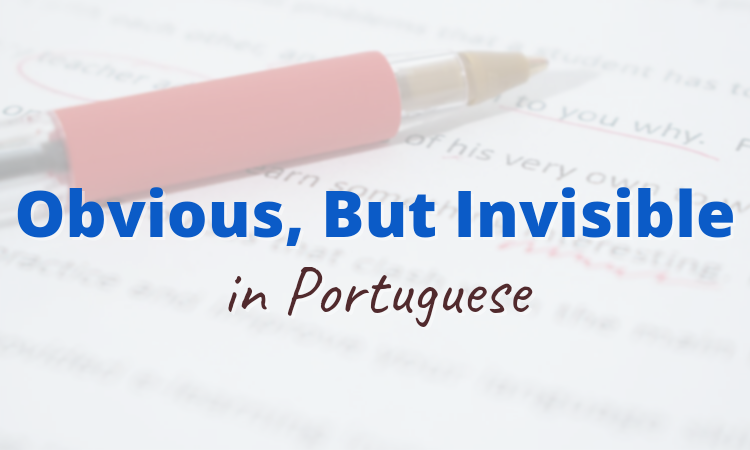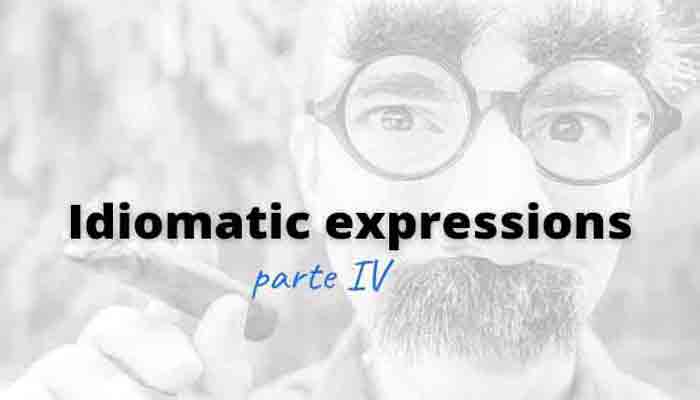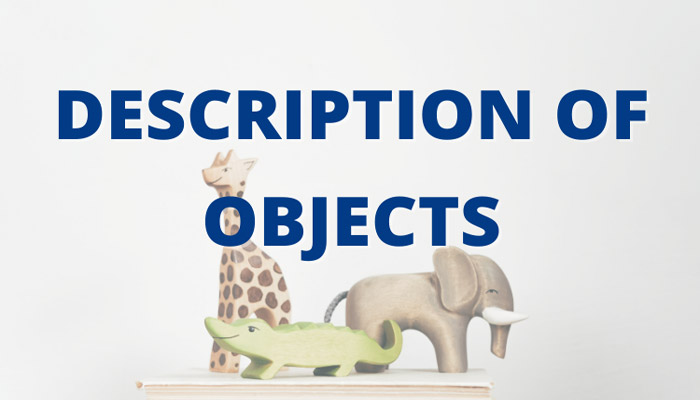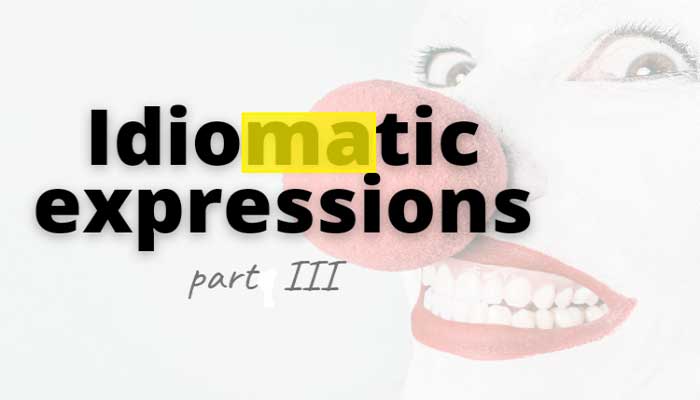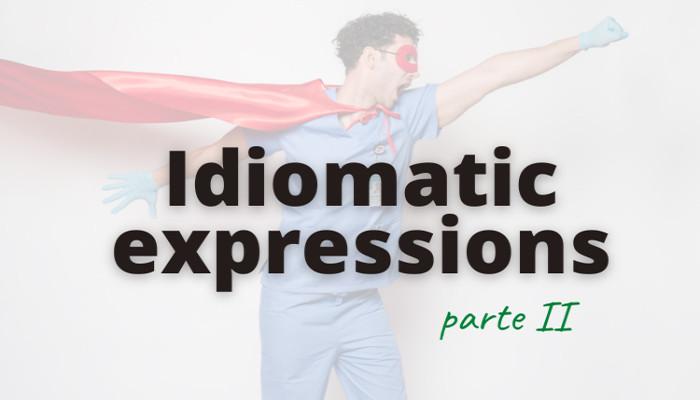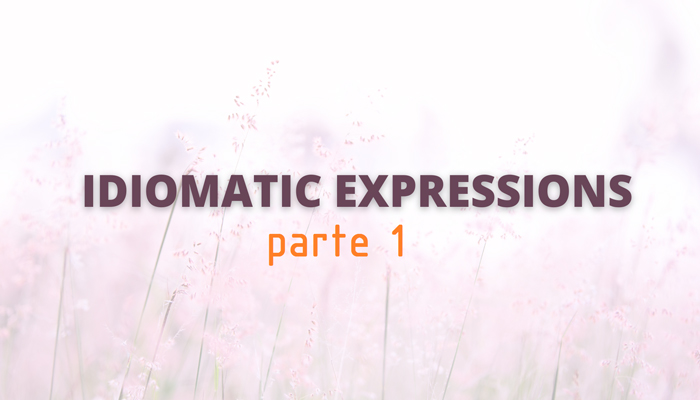A topic that can be discussed with any even a stranger is the weather. What's more, discussing the weather is very important when traveling, when you need to plan various activities for a short stay. At a minimum, you need to know what things to take with you on a trip, focusing on the weather. Weather conditions First, let's mention that the word "tempo" is translated as "time" or "weather". Some weather phenomena are described by their own verb: choverRead: "The Weather"
Travel is one of the most pleasant topics for conversation. Sometimes we want to tell not only about the places we visited, but also invite someone to our city, attract guests and tourists. So in today's article we have collected the basic vocabulary and grammar rules on this topic. Objects Mostly tourists come to see architectural monuments, which include numerous objects. Let's look at the most popular: o castelo (castle), o palácio (palace), o museu (museum), o parque (park), oRead: "My City"
In absolutely every language there are words that are repeated, similar, differ only in spelling, but have different meanings. Why it happened, why a separate word was not invented for each individual meaning - there is no answer. The language was not invented by one person, it was formed by entire nations and it was impossible to avoid repetition or very similar words. If you are still not very clear about what we are talking about, then now we willRead: "Semantics of Portuguese"
Sometimes in Portuguese we come across such a phenomenon as compound nouns. This means that the noun consists of several words. There can be different parts of speech in a pair - even verbs. The question arises of how to decline such nouns by numbers, is it possible to safely invent your own compound noun and how. Today's article will answer these questions. Most compound words contain all the necessary information about the object. This is probably why they didRead: "Compound Words"
Native speakers of Portuguese, like any other, speak and do not think about many rules and interesting details. In fact, there are many rules, but not everyone pays attention to it. And we, by virtue of our profession as teachers, see them all, know them and are ready to share them with you. Stressed syllable A very convenient rule, which is only mentioned in passing, governs the rules for placing stress in words. If in other languages the stress canRead: "Obvious, But Invisible"
Many idiomatic expressions were formed not only from the mocking mind and sharp humor of mankind. Most of them were born in mistakes and difficult situations, and now they sound like advice and recommendations to better understand this life. Sometimes you can easily understand what the Portuguese are talking about when they say idiomatic expressions, because the situations they describe appear so vividly in our imagination that nothing needs to be explained. And other expressions are so confusing and complexRead: "Idiomatic Expressions"
Right after we talk about ourselves in Portuguese, we move on to describing what we have or what surrounds us. In addition to external characteristics, objects have a number and a position. Today we will learn how to ask, find out and give more details about objects. Demonstrative pronoun We already know that the pointing particles "isto, isso, aquilo" are chosen based on whether the object is near the speaker, near the speaker, or far from both. Demonstrative pronouns areRead: "Description of objects in Portuguese"
If you dig around, you can find hundreds of idiomatic expressions, so we will devote several articles to this topic. Firstly, through such expressions one can understand the way of thinking of the Portuguese, to understand how they build logical chains. Secondly, such expressions are simply funny and funny, and this is great uplifting. Languages are more fun to learn when it's fun! Forward! Check it out all the others: Idiomatic expressions - part I Idiomatic expressions - part IIRead: "Idiomatic expressions – Part Three"
Idiomatic expressions seem less interesting when they have to be learned by heart. However, just getting information about their meaning and translation from literal Portuguese into portable Portuguese is both important and fun. This article is just so that when you hear an idiomatic expression addressed to you, you do not think that your interlocutor is crazy or is joking with you, saying strange things. Pagar para ver An interesting expression is “pay to watch”. Sometimes there are situations whenRead: "Idiomatic expressions – Part Two"
Every language has idiomatic expressions that are difficult for a foreigner to understand. Some expressions seem quite logical, and some are completely inexplicable. Today we will consider some of them, be surprised, laugh, think and try to remember. Falar para as paredes Literally, this expression is translated as "to speak for the wall". To feel the real meaning hidden in it, it is enough to go up to the wall and say something. What will be the effect? What willRead: "Idiomatic Expressions – parte one"





